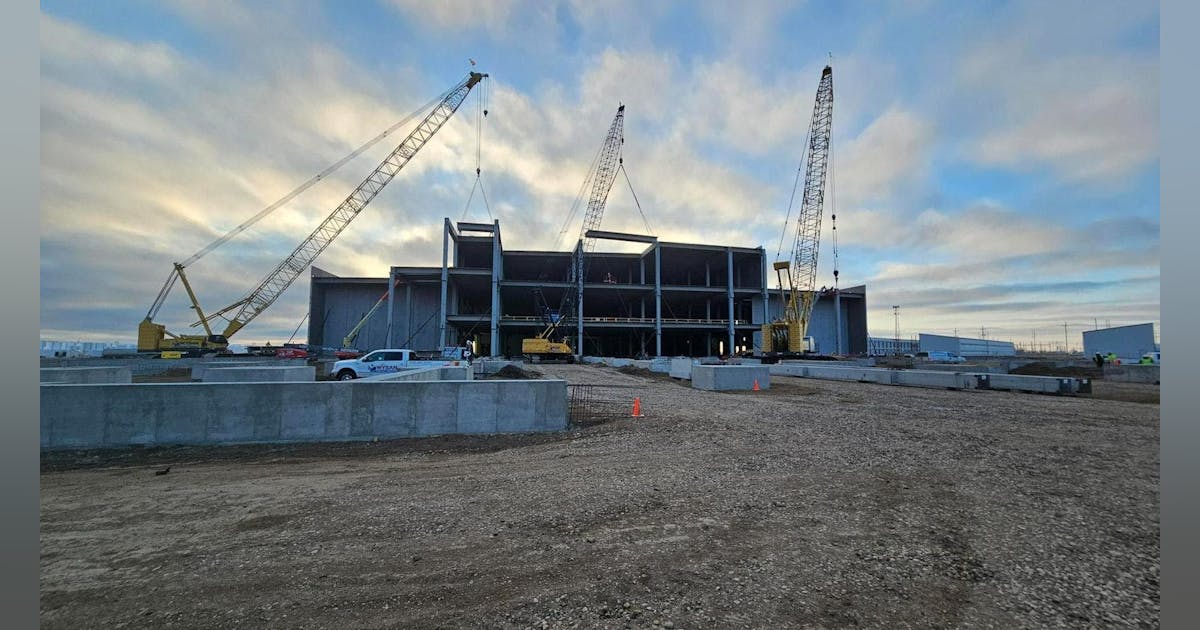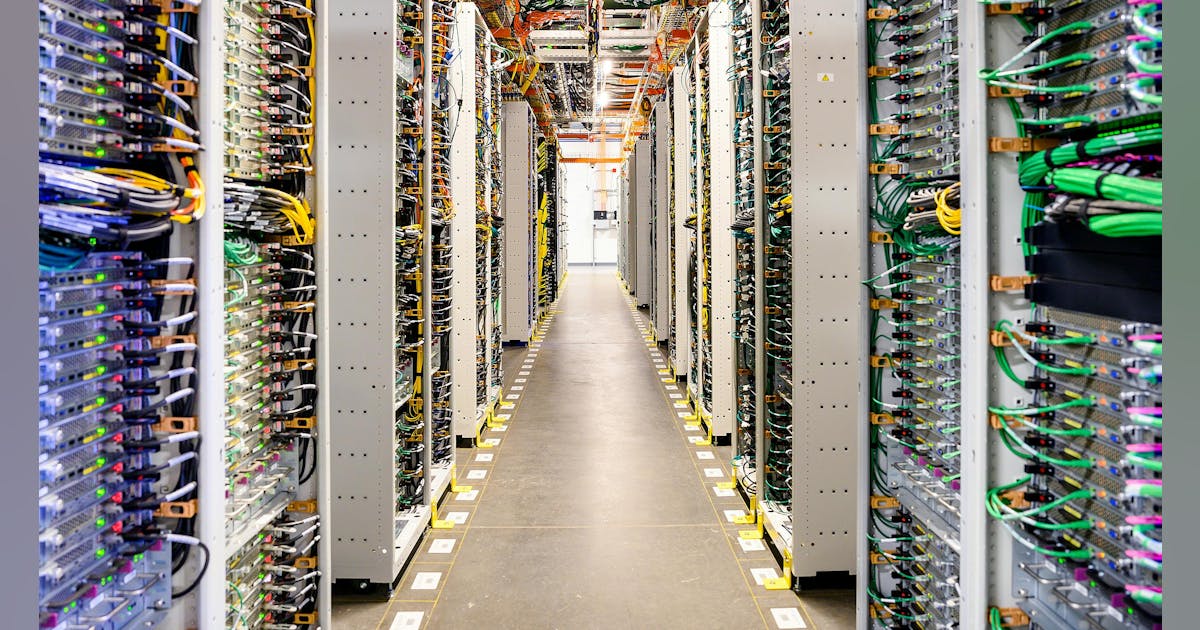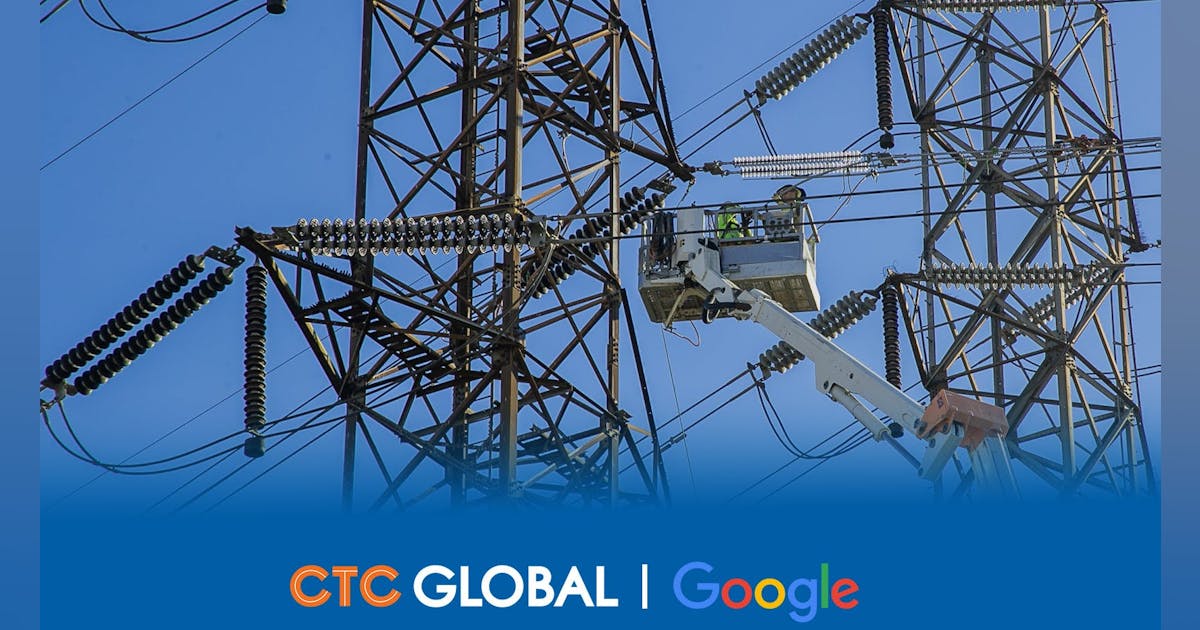
- Cost issues: 76%
- Forecasting future data center capacity requirements: 71%
- Improving energy performance for facilities equipment: 67%
- Power availability: 63%
- Supply chain disruptions: 65%
- A lack of qualified staff: 67%
With respect to capacity planning, there’s been a notable increase in the number of operators who describe themselves as “very concerned” about forecasting future data center capacity requirements. Andy Lawrence, Uptime’s executive director of research, said two factors are contributing to this concern: ongoing strong growth for IT demand, and the often-unpredictable demand that AI workloads are creating.
“There’s great uncertainty about … what the impact of AI is going to be, where it’s going to be located, how much of the power is going to be required, and even for things like space and cooling, how much of the infrastructure is going to be sucked up to support AI, whether it’s in a colocation, whether it’s in an enterprise or even in a hyperscale facility,” Lawrence said during a webinar sharing the survey results.
The survey found that roughly one-third of data center owners and operators currently perform some AI training or inference, with significantly more planning to do so in the future. As the number of AI-based software deployments increases, information about the capabilities and limitations of AI in the workplace is becoming available. The awareness is also revealing AI’s suitability for certain tasks. According to the report, “the data center industry is entering a period of careful adoption, testing, and validation. Data centers are slow and careful in adopting new technologies, and AI will not be an exception.”



















